

9:00 am EST - 10:30 am EST
Past Event
9:00 am - 10:30 am EST
1775 Massachusetts Avenue N.W.
Washington, DC
20036
Urban religious congregations provide vital social services to community members, regardless of their faith. In fact, studies dating back to the 1990s find that the typical urban community-based church supplies approximately $150,000 worth of social services per congregation per year. Faith-based neighborhood partnerships provide even more economic and social support than churches alone.
On November 29, Governance Studies at Brookings and the Program for Research on Religion and Urban Civil Society at the University of Pennsylvania hosted a panel to discuss the economic importance of faith-based and neighborhood partnerships and consider strategies to strengthen these hubs of civic engagement and social support. Experts discussed how faith-based organizations can support local jobs and businesses, early childhood education, nonprofit start-ups, and more, as explained in a new report entitled, “The Economic Halo Effect of Historic Sacred Places.”
Join the conversation at #FaithBasedOrgs or @BrookingsGov.
Moderator
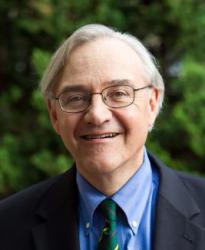
Panelist
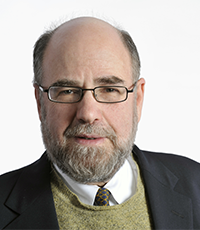


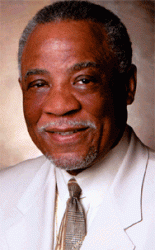

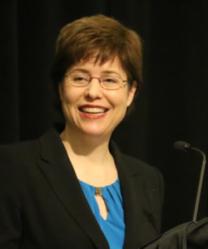

Sharan Grewal
April 2, 2025

Aleksandr Kuzmenchuk, Constantino Xavier
March 12, 2025
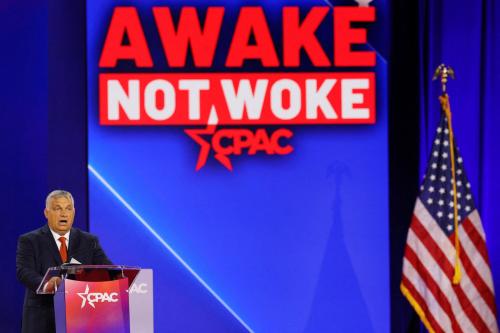
Charles King
October 9, 2024